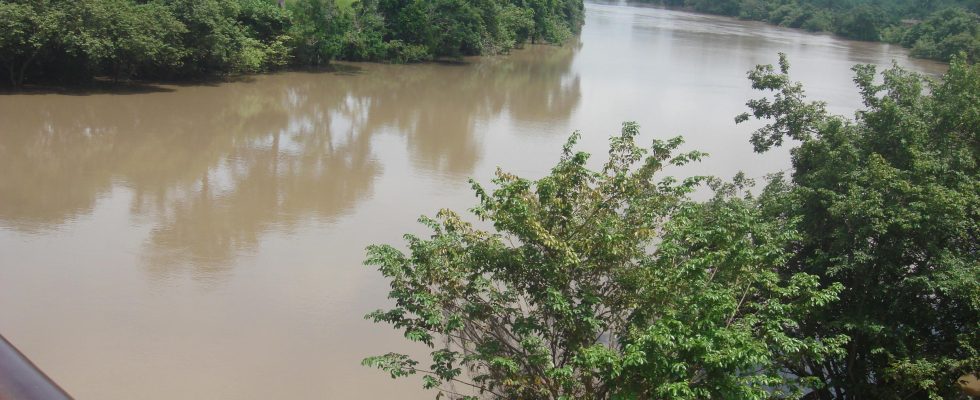This Saturday, December 2, we celebrate the International Day for the Abolition of Slavery. What remains of the memory of this dark page of History? In Ivory Coast, with the support of UNESCO, the Kanga Nianzé site, which was a passage for slaves before embarking for the Americas, was highlighted in 2017. And since then, several scientists have invested in a vast program entitled “The Routes of Slavery”. This project should make it possible to popularize memorial sites linked to the slave trade in Côte d’Ivoire to the general public.
2 mins
with our correspondent in Abidjan, Bineta Diagne
The research identified seven slave trade routes. Roads that all converge towards Cap Lahou, slave port where boats transported nearly 85,000 slaves to the Americas.
Also listenAka Kouamé (historian): “We must document the many routes” of slavery
Archaeologist Hélène Kienon-Kaboré based her work in particular on objects found in certain communities along these circuits. “ We found a jug which was dated between the 16th and 18th centuries. She was with people who kept objects that belonged to their grandparents. And when we dated it by looking at the inscriptions that were on the jug, we could see that it was a jug from the slave trade period. »
These sites also provide information on the functioning of the slave trade, explains Professor Donigma Coulibaly, historian at the Félix Houphouët Boigny University in Abidjan. “ Through this site, we have the markets, the transactions, how the transactions were carried out, who were the intermediaries of this slave trade. »
Research is still continuing. And in the field, scientists regularly encounter the silence of populations, continues Professor Donigma Coulibaly. “ Those who still hold this history in our societies are very few in number. The second difficulty is that these are questions that the populations do not want to talk about, because to present the Atlantic slave trade like that is to harm others, so we are forced to carry out closed investigations to have some information. »
Also listenMemory of a continent – Slave route: finally, Ivory Coast!
These sites must still be certified by UNESCO, in order to better popularize this memorial heritage.
Read also[Reportage] Ivory Coast traces its slave route
